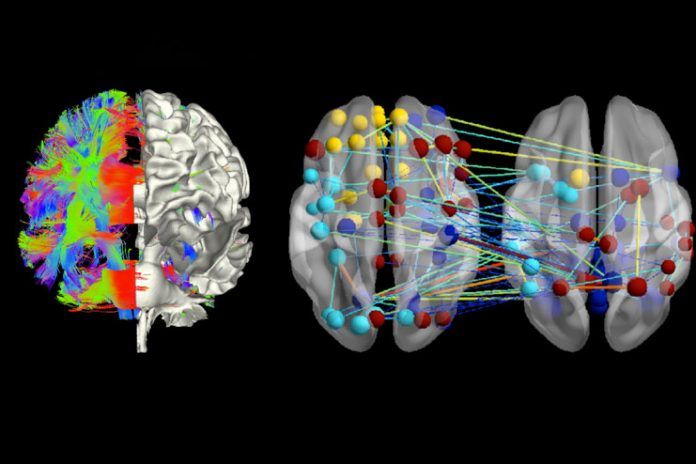Affiliate Disclaimer
Some links in this article are affiliate links. We may earn a small commission if you make a purchase through these links, at no extra cost to you. We only recommend products we find useful to our readersMemory does instill quite an important part in our life. If you delve deeper into this, you will realize that the process of recalling a memory is easier than when you are trying to forget the same. Neuroimaging has found that the same has got something to do with the brain.
A new study (R) conducted by the neuroscientists from the University of Texas, Austin has found that our brain needs to put in more effort and power to forget something instead of trying to remember the same remember. The entire findings were found through neuroimaging and the study was published in the Journal of Neuroscience.
The study is more of an extension from the prior study on the intentional forgetting. The prior study did focus on reducing the attention on the unwanted information by redirecting the memories away from the unwanted experiences.
Jarrod Lewis-Peacock, who is an assistant professor of psychology at UT Austin and also the senior author of the study stated that we definitely need to discard the memories that trigger any form of maladaptive responses like that of traumatic responses so as to ensure that we are able to respond to the same in a more adaptive way.
He further explained stating that the decades of research surrounding this topic has effectively shown that we do have the capability of voluntarily forgetting something effectively but the only problem is the fact that we fail to deduce how the brain does that. According to him, if the scientists are able to find the ways in which the brain works, it would become a lot easier to design treatments that can help the people get rid of the unwanted memories.
Addressing these prospects, it is very important to know and understand for a fact that our memories are not static, they are dynamic and they do get updated on a regular basis as we keep storing new memories and happenstances we experience on a daily basis. The brain is constantly remembering as well as forgetting information, the majority of which happens during the sleep.
Coming on to discussing about the intentionally forgetting, the scientists in a few prior studies have found that there are a few hotspots around the brain’s control structure like that of the prefrontal cortex as well as the hippocampus.
The latest study has had a different approach to the same. Their main line of focus was on the sensory and the perpetual areas of the brain, especially that of the ventral temporal cortex. The neuroscientists focused their neuroimaging on the patterns of activity that do correspond to the salient memory representations complex visual stimuli.
Lewis-Peacock clarified that they are currently not looking at the source of the attention in the brain but at the sight of it. The researchers primarily aided their process with the neuroimaging process to track the patterns of the brain activity.
In this study, the researchers displayed the participants with some healthy adult images of scenes and faces and were advised to either try and remember or forget each image.
The results from the study did find that humans not only do have the capability to control which memory they forget but also further found that in order to successfully induce intentional forgetting, the brain did require moderate levels of brain activity in both the sensory as well as the perpetual areas in the brain, which was found to be more brain power invested that was required to remember.
Tracy Wang, the lead author of the study who is also the psychology postdoctoral fellow at UT Austin stated that the moderate level of brain activity is key to the forgetting mechanism in the brain. She further suggested that too strong of a brain activity will strengthen the memory while too weak of a brain activity won’t contribute to modify the memory.
Wang further suggested saying that it is the intention of activation of the memory which further ends up increasing the activation of the memory. The moderate level of the brain power is considered to be the sweet spot which has proven to have beneficial impacts in forgetting the situation involved.
Through the neuroimaging, the scientists further deduced the fact that the participants were more likely to forget the scenes rather than the faces that tend to bear more emotional history and importance behind it.
Following the findings from this study, Lewis-Peacock is also working on another study using neurofeedback to find how much attention is given to each fragment of memory. According to this, following this study with neuroimaging, further studies will be able to find better ways to find how we process and also get rid of these strong and emotional memories.


















